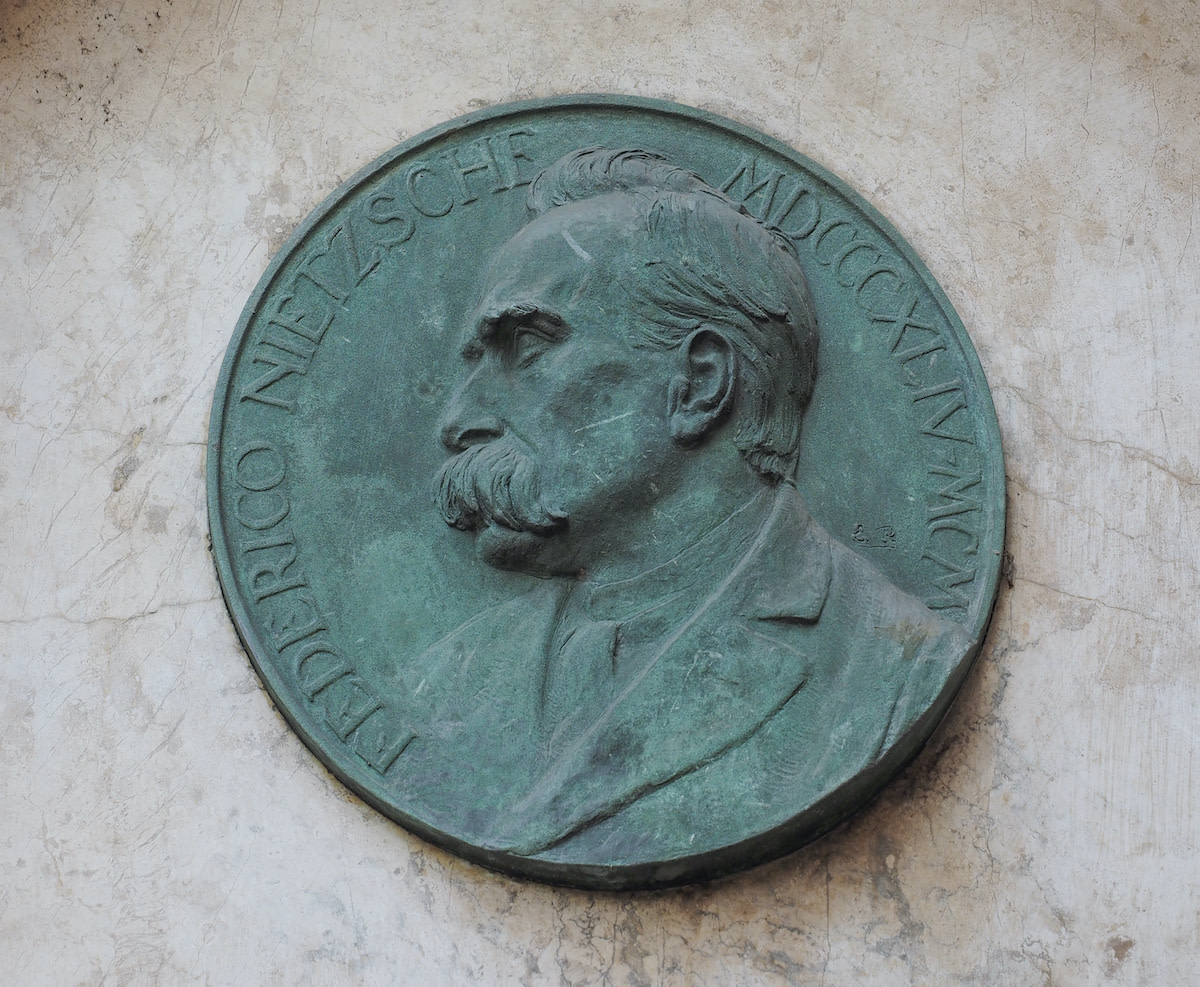Friedrich Nietzsche’s Life and Philosophy
Written by MasterClass
Last updated: Oct 24, 2022 • 4 min read
Friedrich Nietzsche was a nineteenth-century German philosopher who focused his work on individualism, subjectivity, and moral relativism.
Learn From the Best
Who Was Friedrich Nietzsche?
Friedrich Wilhelm Nietzsche (1844–1900) was a nineteenth-century German philosopher. Nietzsche’s writings covered a wide range of topics including religion, truth, and the human condition. Highly controversial in his era, Nietzche’s essays and books influenced a variety of scholars and philosophers throughout the twentieth century.
A Brief Biography of Friedrich Nietzsche
Friedrich Nietzsche was a prolific writer despite his turbulent life.
- Childhood: Friedrich Nietzsche was born in 1844 in Röcken, a village in the Prussian province of Saxony (now eastern Germany). Nietzsche’s father was a Lutheran minister who died when Nietzsche was only four years old. Nietzsche’s mother moved their family to Naumburg, another town in Prussia. As a teenager, Nietzsche received a full scholarship to a prestigious boarding school called Schulpforta.
- Academics: In 1864, Nietzsche attended the University of Bonn, where he learned from philologist Friedrich Wilhelm Ritschl. He followed this beloved educator to the University of Leipzig a year later. It was during this period that Nietzsche discovered the philosophy of Arthur Schopenhauer and befriended the composer Richard Wagner and his wife Cosima Wagner. These figures proved influential to Nietzsche’s work. In 1869, at the age of twenty-five, Nietzsche became the youngest professor of classical philology at the University of Basel in Switzerland.
- First published works: While working as a professor in Basel, Nietzsche began writing. His first book, The Birth of Tragedy (1872), explored the origins of the Greek tragedy, the philosophy of Socrates, and the duality between Apollonian and Dionysian worldviews. In the years to follow, Nietzsche published a collection of essays called Untimely Meditations (1873) and a book of aphorisms called Human, All Too Human (1878). These works marked the first time that Nietzsche began questioning the nature of morality in his society.
- Travel: In 1879, Nietzsche resigned from his professorship due to chronic issues with his health. He traveled across Europe for the next decade, often spending summers in Sils Maria, a village in the Swiss Alps. He courted a psychoanalyst named Lou Andreas-Salomé, who rejected his marriage proposals several times.
- Writings: During his wandering period, Nietzsche wrote a prolific number of books, including Thus Spoke Zarathustra (1883), a prose-poem featuring a memorable line about man being the cruelest animal, and Beyond Good and Evil (1886), Nietzsche’s critique of Immanuel Kant and Plato. Nietzsche also wrote several polemics against Christianity like On the Genealogy of Morals (1887), Ecce Homo (1888), The Antichrist (1888), and Twilight of the Idols (1888). One of his final published works was Nietzsche Contra Wagner (1889), a whole book dedicated to Nietzsche’s thoughts on his old friend Richard Wagner’s life and work.
- Health decline: Nietzsche collapsed in 1889 on the streets of Turin, Italy. Incapacitated, he lived with his mother for several years. After his mother’s death in 1897, Nietzsche relocated to live with his sister Elisabeth Förster-Nietzsche in Weimar. He never fully recovered his physical or mental health, and he died on August 25, 1900. One of his most influential books, The Will to Power (1901), was released the following year. Nietzsche’s sister and his old friend Heinrich Köselitz—known to many by the pseudonym Peter Gast—edited the collection of notes.
- Influence and legacy: Nietzschean ideas influenced Western philosophy throughout the twentieth century, inspiring writers like Gilles Deleuze, Jacques Derrida, Martin Heidegger, Walter Kaufmann, Bernd Magnus, Michel Foucault, Rainer Maria Rilke, and Sigmund Freud. Nazis also appropriated elements of Nietzche’s work, but scholars generally agree that this was a misuse of his original concepts.
5 Major Themes of Nietzsche’s Philosophy and Writings
Nietzsche’s philosophy and writings focused on individual achievement and subjective reality.
- 1. Perspectivism: Nietzsche rejected the idea of absolute truth, instead focusing on how individuals can create meaning in their lives to overcome nihilism, a belief that life is meaningless.
- 2. Moral relativism: By criticizing traditional Christian morality, Nietzsche's ideas focused on atheism and a revaluation of values in his society. In his book The Gay Science (1882), Nietzsche wrote that “God is dead.” His statement about the death of God refers to his belief that traditional Christianity will no longer set the moral standard for human life in the modern world. Nietzsche believed that morality is determined by individual perspectives.
- 3. Eternal recurrence: Some of Nietzsche's work discusses eternal recurrence, the idea that all existence repeats an infinite number of times.
- 4. Übermensch: Nietzsche wrote extensively about the übermensch, translated as the “overman” or the “superman.” Nietzsche believed the übermensch was an ideal version of a human being, a free spirit focused on individual goals and values. Nietzsche wrote about the übermensch as a man of knowledge who understands the terrible depth of his own consciousness.
- 5. The will to power: In Nietzsche’s view, the will to power is the strongest motivational force in life. Nietzsche believed that the best use of this desire is to focus on knowledge and overcoming one’s own limitations.
Ready to Think Deeply?
Learn what it means to think like a philosopher with the MasterClass Annual Membership. Dr. Cornel West, one of the world’s most provocative intellects, will guide you through fundamental questions about what it means to be human and how to best love your community.
